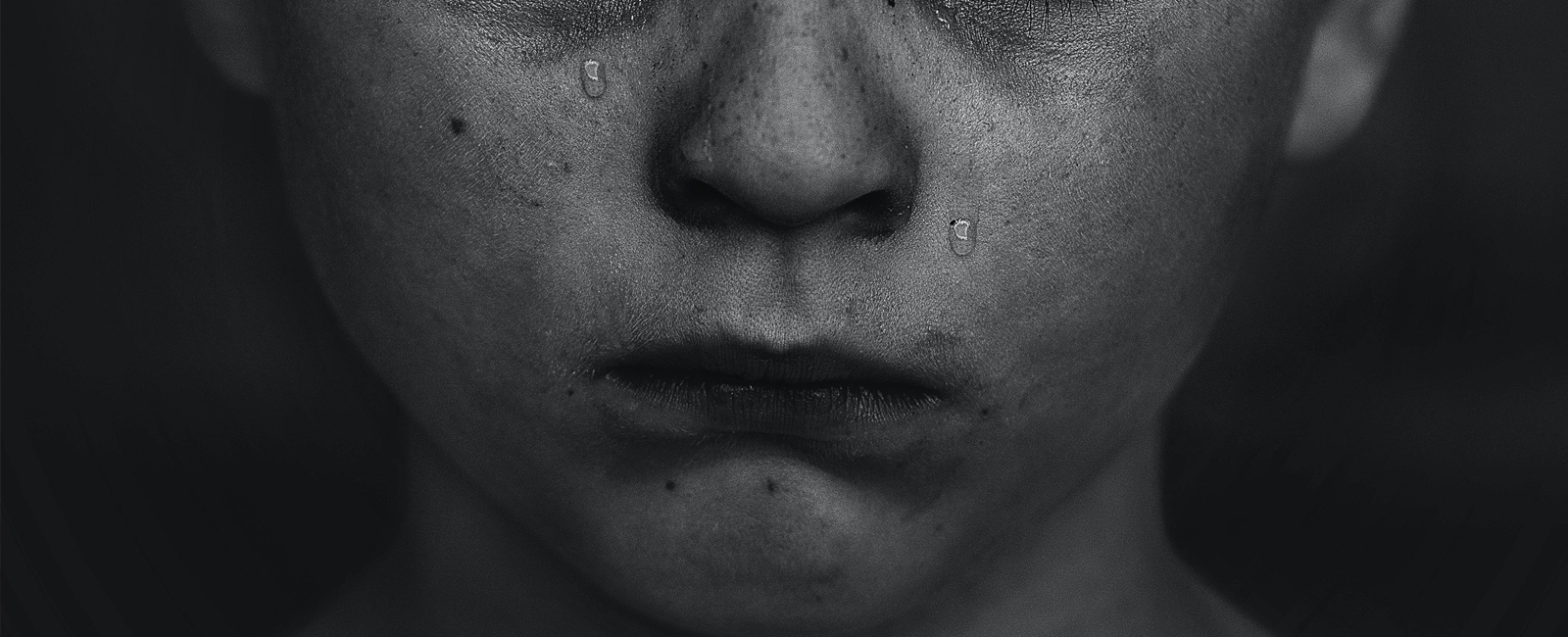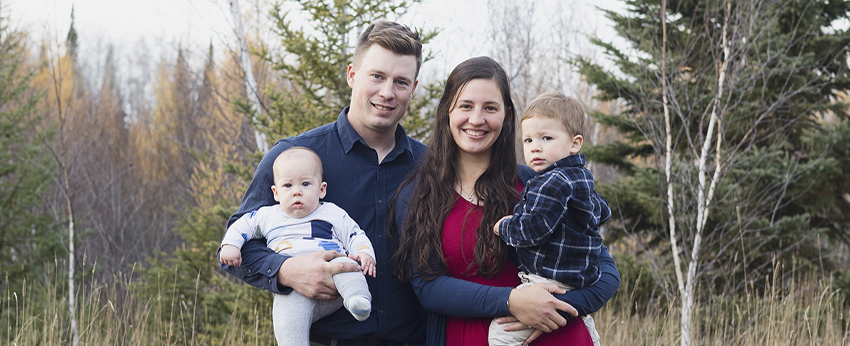Fatherless

Pure and undefiled religion before God and the Father is this: to visit orphans and widows in their trouble… James 1:27
The Lord designed fathers to be the primary spiritual leader, financial provider and protector within the family unit. When husbands and fathers shirk their responsibilities in these areas the consequences are catastrophic and the effects are most readily observed in the children. As George Barna writes, “Our children will define the future, which makes them our most significant and enduring legacy. After all, God never told us to take over the world through force or intelligence. He simply told us to have children and then raise them to honor God in all they do. Therefore, you might logically conclude that bearing and raising children is not only our most enduring legacy but also one of our greatest personal responsibilities.”1
Below are some eye opening statistics that demonstrate just some of the consequences that impact children when their father neglects his calling or is absent from the home altogether. Although the majority of statistics below arise from studies conducted within the United States, similar consequences of fatherlessness have been observed across the globe.
The website www.fathers.com reports the following:
In the United States, an estimated 24.7 million children (33%) live apart from their biological father.2 57.6% of black children, 31.2% of Hispanic children, and 20.7% of white children are living absent their biological fathers.3 The number of children with a father in prison increased from 881,500 in 1991 to more than 1.5 million in 2007, a 77% increase. During that time, the number of children with a mother in prison increased by 131 percent, from 63,900 to 147,400.4
Both ‘left’ and ‘right wing’ media and policy proponents are frequently on record, espousing the need for stable and committed fathers within the home. For example, www.americafirstpolicy.com states:
“It is no surprise that 90% of all homeless and runaway children, 63% of teen suicides, and 85% of children and teens with behavior disorders come from fatherless homes…Similarly, fatherless families are 25% more likely to raise children in poverty (U.S. Census Bureau, 2020). Children without fathers are also 10 times more likely to abuse chemical substances… of all the youths in state-operated institutions, roughly 70% come from fatherless homes, and 85% of all youths in prison come from fatherless homes. On the whole, fatherless kids are 20 times more likely to be incarcerated and 11 times more likely to exhibit violent behavior than children from two-parent households.”5
Similarly, in a 2018 article entitled “The Consequences of Growing up without a Father”, The Walrus, an independent Canadian magazine and hardly a proponent of Christian teaching, concludes that “A growing lack of male role models in families has left young men vulnerable.” Furthermore they said: “The challenges posed by fatherlessness are growing across the West. Divorce rates and single-parent households have been on the rise for decades in Europe and North America. The United States is the clearest example of this change, with up to 50 percent of first marriages ending in divorce and subsequent marriages failing at an even higher rate. Statistics Canada reports that 12.8 percent of Canadian children live in fatherless households. In the United Kingdom, more than one-fifth of families with dependent children are without fathers in the home. Behind all the statistics about fatherless homes are increasing numbers of young men experiencing the gift and curse of choosing who shows them how to be men. That means we have more unpredictability about and less control over the direction our boys will take as they grow into men, and we face a greater likelihood that they’ll stray from the reach of mainstream morals.”6
Given the preceding discussion it is no surprise that Scripture frequently admonishes fathers to fulfill their responsibility. Here is a sampling:
Deuteronomy 4:9 “Only take heed to yourself, and diligently keep yourself, lest you forget the things your eyes have seen, and lest they depart from your heart all the days of your life. And teach them to your children and your grandchildren.”
Ephesians 6:4 “And you, fathers, do not provoke your children to wrath, but bring them up in the training and admonition of the Lord.”
Proverbs 22:6 “Train up a child in the way he should go, and when he is old he will not depart from it.”
Proverbs 29:15 “The rod and rebuke give wisdom, but a child left to himself brings shame to his mother.”
1 Timothy 5:8 “But if anyone does not provide for his own, and especially for those of his own household, he has denied the faith and is worse than an unbeliever.”
We must not forget that the Lord has a special regard for the fatherless and unprotected child. As a result, the church should too. It is not right for fathers to simply pat themselves on their backs for the good job that they may be doing at home. The Lord may provide us with opportunities to positively influence children that are not our own. We should not be resistant to the possibility of ‘standing in the gap’ for those children with either deceased or absentee fathers. The following Scripture describes the Lord’s heart for the fatherless child:
Psalm 68:5-6 “A father of the fatherless, a defender of widows, is God in His holy habitation. God sets the solitary in families; He brings out those who are bound into prosperity; but the rebellious dwell in a dry land.”
Psalm 82:3 “Defend the poor and fatherless; do justice to the afflicted and needy.”
Proverbs 23:10-11 “Do not remove the ancient landmark, nor enter the fields of the fatherless; for their Redeemer is mighty; He will plead their cause against you.”
James 1:27 “Pure and undefiled religion before God and the Father is this: to visit orphans and widows in their trouble…”
1 Barna, George. “Transforming Children into Spiritual Champions: Why Children should be Your Church’s #1 Priority” (2003), 18.
2 https://fathers.com/the-extent-of-fatherlessness/ [accessed online April 10, 2023, and cites the primary source: U.S. Census Bureau, Current Population Survey, “Living Arrangements of Children under 18 Years/1 and Marital Status of Parents by Age, Sex, Race, and Hispanic Origin/2 and Selected Characteristics of the Child for all Children 2010.” Table C3. Internet Release Date November, 2010.]
3 https://fathers.com/the-extent-of-fatherlessness/ [accessed online April 10, 2023, and cites the primary source: Family Structure and Children’s Living Arrangements 2012. Current Population Report. U.S. Census Bureau July 1, 2012.]
4 https://fathers.com/trends-in-fathering/ [accessed online April 10, 2023, and cites the primary source: Lauren Glaze and Laura Maruschak, Parents in Prison and Their Minor Children (Washington, D.C.: Bureau of Justice Statistics, 2008.)]
5 https://americafirstpolicy.com/latest/20220215-fatherlessness-and-its-effects-on-american-society [accessed online April 10, 2023]
6 https://thewalrus.ca/the-consequences-of-growing-up-without-a-father/ [accessed online April 6, 2023]










